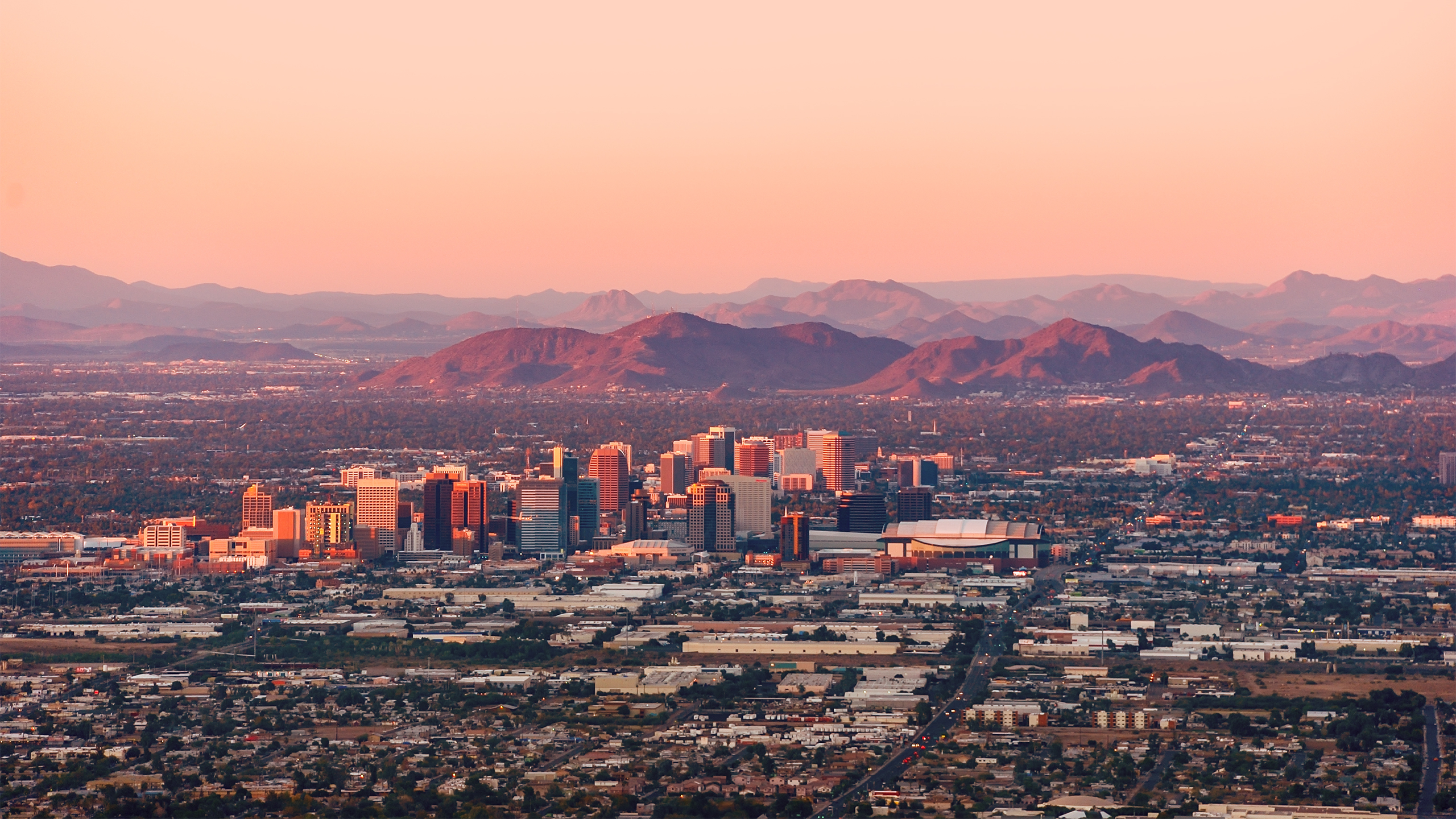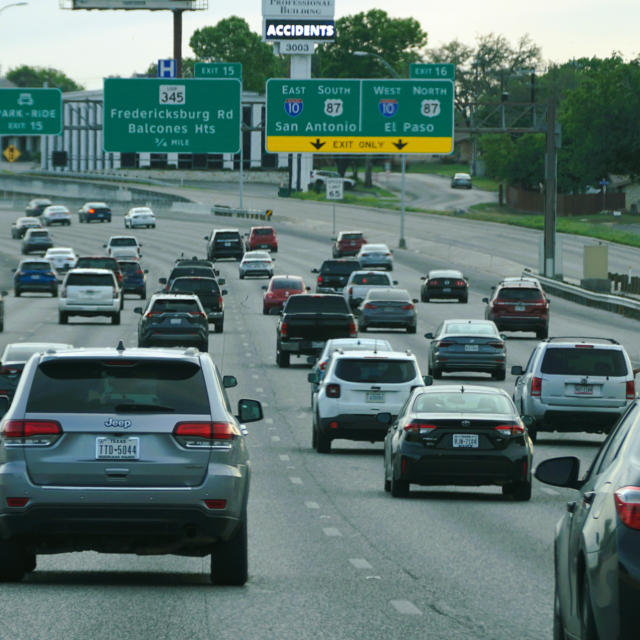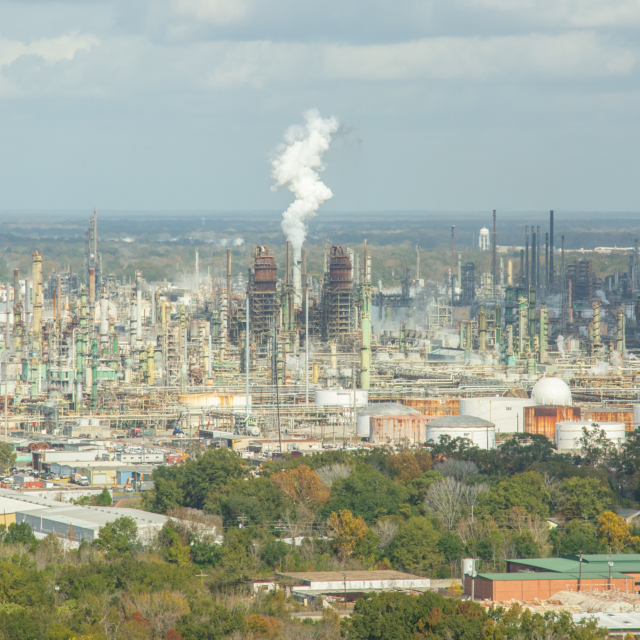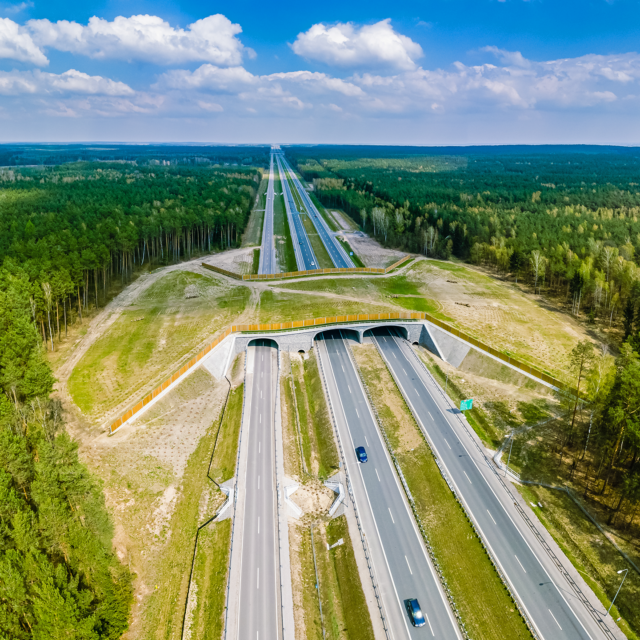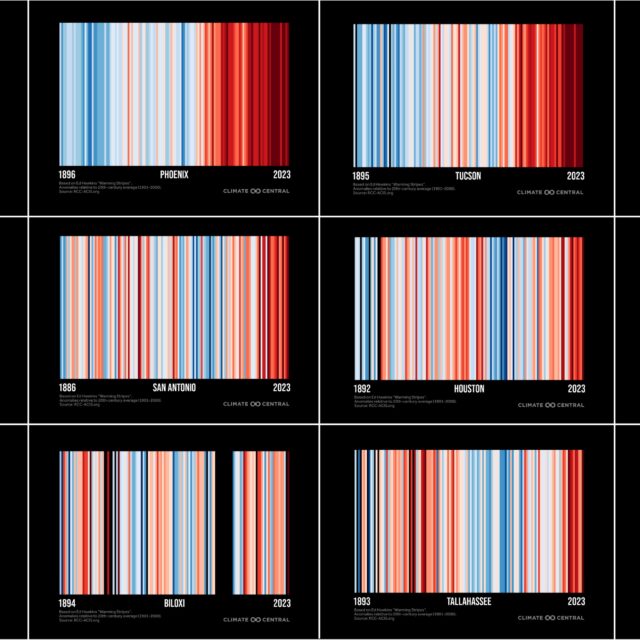“Enough surveys, enough reports, enough studies. We have a pretty good sense of where to act. We need to focus on the energy to get the resources to make it happen.” – David Hondula, Director, Phoenix Office of Heat Response and Mitigation
Often referred to as the silent killer, extreme heat is one of the most pervasive bi-products of human caused climate change with vulnerable populations being the most impacted. Much research and study has been done to surface the immense challenges extreme heat presents, but what still needs to be done to address these critical issues and how do we best communicate them to have a greater impact?
Join Ten Across founder Duke Reiter as he talks to heat and resilience experts Kathy Baughman McLeod and David Hondula about their innovative programs and strategies to combat this global crisis including ways to better communicate the urgency, support, and resources needed to adapt to a warming world.
Additional resources and articles referenced in the podcast:
The Guardian: “America’s hottest city is nearly unlivable in summer. Can cooling technologies save it?” – Includes quotes from Dave Hondula, Director, Phoenix Office of Heat Response and Mitigation
Report: Extreme heat: The economic and social consequences for the United States – By Adrienne Arsht – Rockefeller Foundation Resilience Center
ProPublica: There’s No Cheap Way to Deal With the Climate Crisis – By Abrahm Lustgarten
Guest Speakers
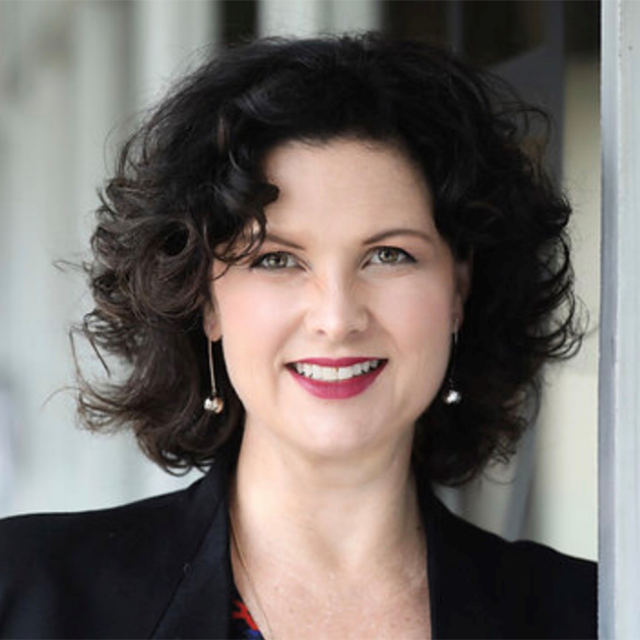
Kathy Baughman McLeod is currently Senior Vice President and Director of the Adrienne Arsht Rockefeller Foundation Resilience Center. She previously worked at Bank of America as a Global Environmental and Social Risk Executive and was a managing director of Climate Risk and Resilience at the Nature Conservancy.
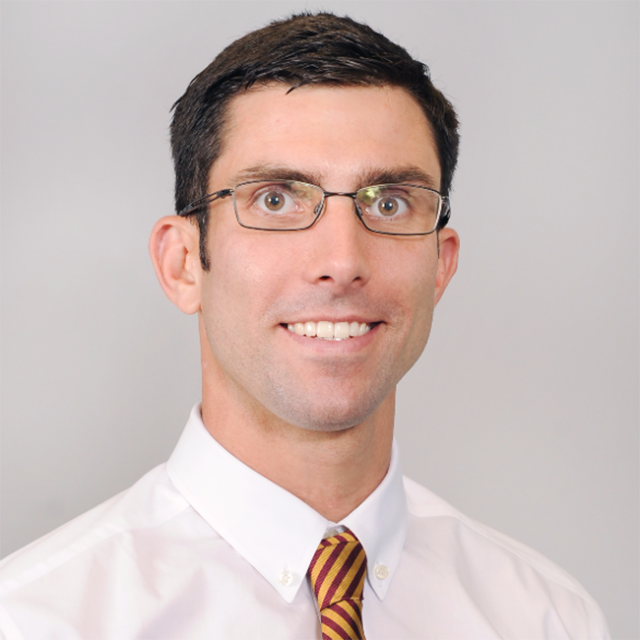
David Hondula was recently appointed as Director of the Office Heat Response and Mitigation for the City of Phoenix, Arizona. He comes to the city as an associate professor of Geographical Sciences and Urban Planning at Arizona State University, where he has worked to understand risks and vulnerabilities associated with heat for over a decade.
